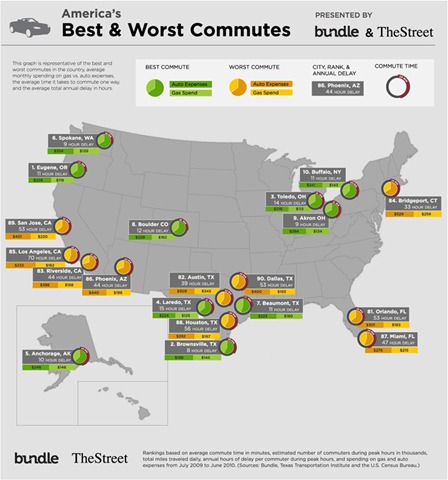Siete
Platinum Member
- May 19, 2014
- 34,325
- 3,988
- 1,130
Reagan cut taxes and tripled the deficits for years. Bush cut taxes and threw away a surplus.
Projected surplus, sorry I know you Clintonista's don't like to use that word.
Kennedy cut taxes, revenue went up.
Reagan cut taxes, revenue went up.
Bush cut taxes, revenues went up.
But here's the rub, it's the spending stupid. No matter WHAT your "revenue" is ( and I hate that word in conjunction with taxes), if you send MORE than you make you have a problem. I don't care if you are Saint Ronnie or the Shrub.
The problem ole Barak has is that his deficits are killing us. You CAN'T keep spending shit loads more than you take in. He could push the top rate to 100% but if he keeps spending like a drunken Sailor it's all for naught.
Economics 101 son.
Revenue went up under Bush and Reagan because we were coming out of recessions, and revenues always go up.
Clinton RAISED taxes and revenues went up.
LOL, the Tax cuts brought us out of the recessions, do try and keep up.
It's the spending stupid. (Not you stupid, but Presidents in general).
Wrong. Economies come out of recession tax cuts or not. It's called the business cycle. Look it up.
I have history backing me up, you? Not so much. I have cited facts and figures, posted all of my sources...and all you've got is "nuh-uh".
You aren't very good at this.
China has a corporate tax rate of 25% ...if the US lowers its corporate rate equal to, or below China this country wouldnt see an increase in job growth because of LABOR RATES..
duuuuuuuuh






